Date: 19 August 2010
The innovative formulation of TRINAR® Aqua air dry system (ADS) coating was developed in partnership with AkzoNobel. This new, on-site finishing option from Linetec helps preserve commercial and residential properties’ green goals, as well as performance and aesthetics.
The water-based TRINAR® Aqua ADS was created to meet the interior specifications for the Green Seal® Standard and the U.S. Green Building Council’s LEED® (Leadership in Energy and Environmental Design) Green Building Rating System, offering very low-VOC (volatile organic compound) content.
As the nation’s largest paint and anodize finisher, and the largest independent architectural finisher, Linetec draws from nearly 30 years of experience in applying low- and no-VOC architectural finishes. These include the company’s on-site repair and restoration, high-performance paint coatings, as well as eco-friendly anodize, fluoropolymer powder and liquid PVDF finishes, which are among the highest-performing painted coatings available.
As a fluoropolymer finish, Linetec’s application of TRINAR® Aqua ADS meets weathering requirements of AAMA 2605, the most stringent specification for architectural coatings. Finishes of this quality are the most resistant to humidity, color change, chalk, gloss loss and natural weathering of any coating available today.
Whether in the factory or in the field, Linetec’s staff complies with environmental regulations and green building goals. For projects in most jurisdictions requiring additional certifications, the company’s Field Service team is trained and licensed to meet their local needs. In addition, the team partners with owners, managers, contractors and manufacturers to maintain the criteria outlined by LEED. According to the LEED IEQ Credit 4.2: Low Emitting Materials – Paints and Coatings, architectural paints and coatings applied to the interior must not exceed the VOC content limits in the Green Seal Standard. Along with the paint, any primer and cleaner used also must fall within the LEED guidelines.
“Right now, there is no verification that once a project has been certified under LEED for New Construction that its touch-up, repairs and future renovations will be conducted in accordance with the rating system’s objectives,” says Dale Robinson, Linetec’s field service manager. “Unless the owner seeks a separate certification for LEED for Commercial Interiors, ensuring LEED-compatible, on-site finishing is unlikely.”
Beyond LEED, Linetec notes that more communities and individuals are voicing their concerns about the chemicals and particulates used in restoring and renovating their homes, schools, offices and public spaces. Robinson continues, “Consider such examples as preservation projects with historical artifacts, health care facilities with sensitive medical equipment and patients with compromised immune systems, residential and office towers with occupants that are reluctant to be relocated during renovations. These are exactly the types of projects where property owners and managers should insist on finishing applicators that are certified in environmentally-responsible practices.”
Architects, building owners and other professionals engaged in green building practices can learn more about the role of finishes and thermal barrier systems by visiting Linetec’s online Architectural Reference Center at www.linetec.com or calling 888-717-1472.
###

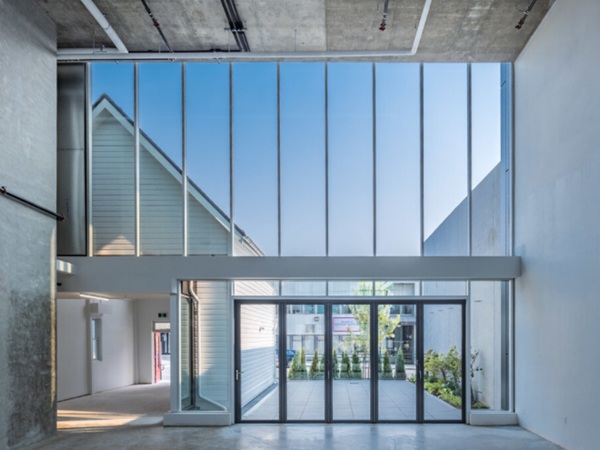

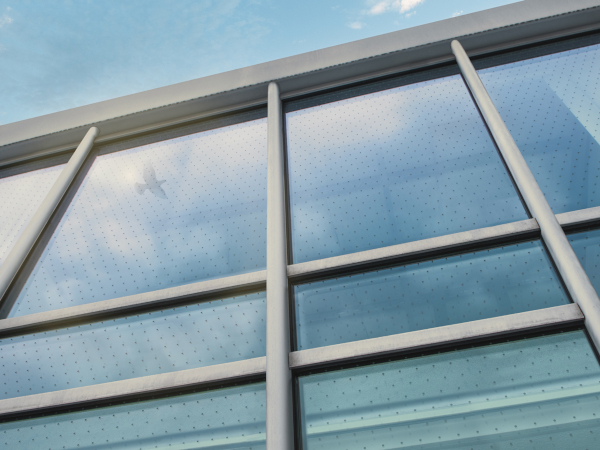













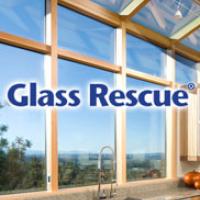


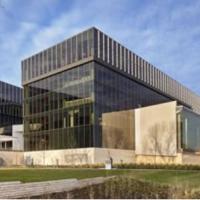
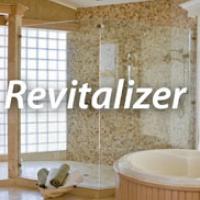
Add new comment